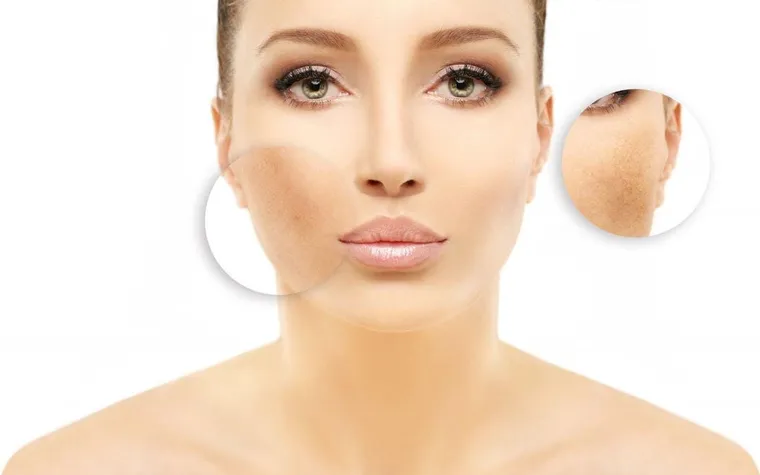Dark spots, also known as hyperpigmentation, are a common skin concern caused by sun exposure, aging, acne scars, or hormonal changes. These discolorations can appear on the face, hands, and other parts of the body, often affecting one’s self-esteem. Fortunately, modern skincare has introduced various treatments to reduce and even eliminate dark spots, helping restore a more even and radiant complexion. With consistency and the right approach, you can effectively lighten pigmentation and achieve smoother, clearer skin.
The key to effective dark spot treatment lies in understanding the underlying cause and selecting a method that matches your skin type. Whether you opt for over-the-counter creams, professional procedures, or natural remedies, the best results come from combining treatment with prevention—like using sunscreen daily. With so many options available today, treating dark spots doesn’t have to be complicated or costly. Clear, glowing skin is more achievable than ever before.
What Causes Dark Spots?
Dark spots develop when the skin produces excess melanin, the pigment responsible for color in the skin, hair, and eyes. This overproduction is often triggered by:
- Sun Exposure: UV rays are the leading cause of hyperpigmentation.
- Hormonal Changes: Pregnancy or birth control pills can lead to melasma.
- Post-Inflammatory Hyperpigmentation (PIH): Acne, eczema, or injuries can leave behind dark marks.
- Aging: Liver spots or age spots appear as the skin matures.
Identifying the root cause helps determine the most effective treatment approach.
Topical Treatments for Dark Spots
- Hydroquinone
A popular skin-lightening agent that reduces melanin production. Available in both prescription and OTC formulations. - Retinoids
Derived from vitamin A, retinoids promote cell turnover and fade dark spots over time. May cause dryness or irritation initially. - Vitamin C
An antioxidant that brightens skin tone and inhibits melanin production, making it ideal for daily use. - Niacinamide
A gentle, anti-inflammatory ingredient that reduces pigmentation and improves skin texture.
Professional Treatments
For more stubborn or severe dark spots, professional treatments may be more effective:
- Chemical Peels: Use acids to exfoliate the skin and remove layers of discolored cells.
- Microdermabrasion: A mechanical exfoliation technique that improves skin tone and texture.
- Laser Therapy: Targets pigment in the skin with precision, promoting even skin tone.
- Microneedling: Stimulates collagen production and helps break down dark pigmentation.
These treatments are typically done in a dermatologist’s office and may require multiple sessions.
Natural Remedies to Try
If you prefer a more holistic approach, some natural ingredients are known to gently reduce pigmentation:
- Aloe Vera: Contains aloin, a compound with depigmenting properties.
- Green Tea Extract: Has antioxidants that can lighten spots over time.
- Licorice Extract: Inhibits melanin production and soothes inflammation.
- Apple Cider Vinegar: Contains acetic acid, which may help fade dark spots when diluted.
While natural remedies are less potent, they can be effective with regular use and minimal side effects.
Prevention Is Key
Treating dark spots is only half the battle—preventing new ones is essential. Here’s how:
- Wear Sunscreen Daily: SPF 30 or higher, even on cloudy days.
- Avoid Picking at Pimples: Reduces the risk of PIH.
- Use Gentle Skincare: Harsh scrubs or products can worsen pigmentation.
- Maintain a Healthy Diet: Antioxidant-rich foods support skin health.
Conclusion
Dark spots don’t have to be permanent. With the right combination of targeted treatments, professional care, and daily sun protection, you can visibly reduce hyperpigmentation and reveal a brighter, more even complexion. Whether you choose high-powered serums, natural ingredients, or dermatological procedures, consistency and patience are your best allies. Reclaim your confidence with clear, glowing skin—because you deserve to look and feel your best.

